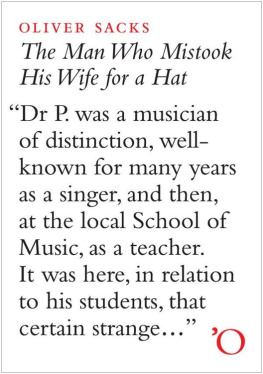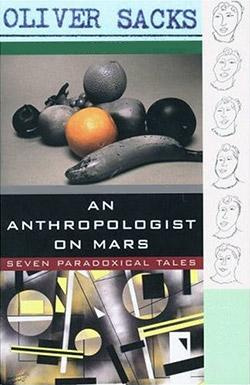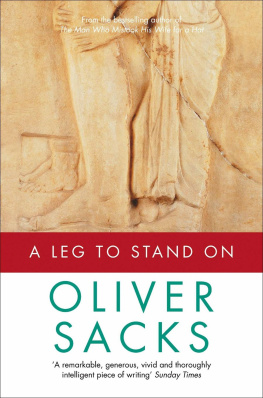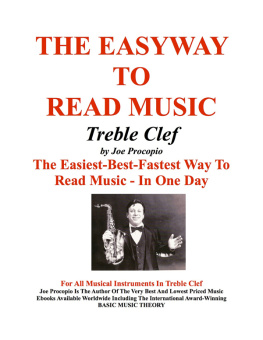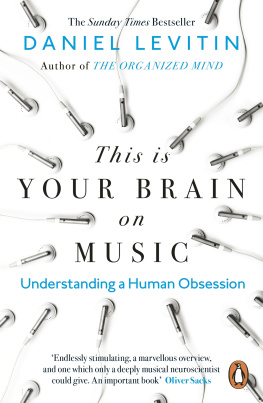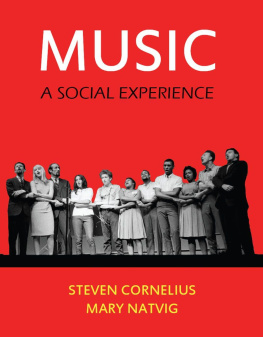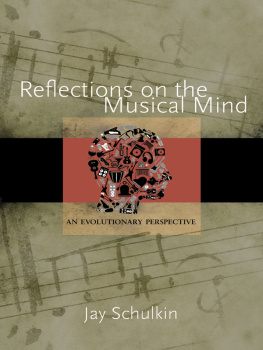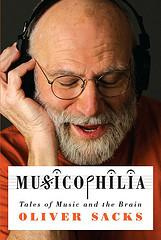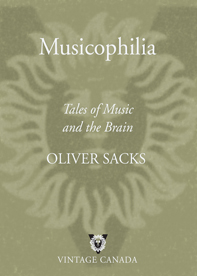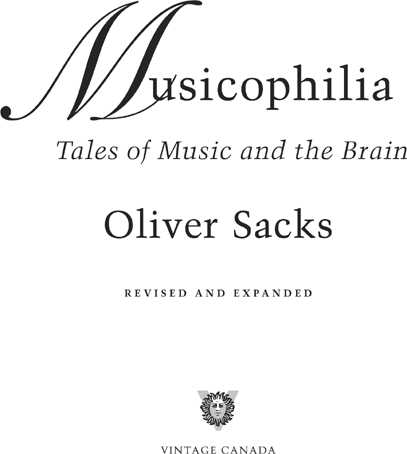Sacks - Musicophilia : tales of music and the brain
Here you can read online Sacks - Musicophilia : tales of music and the brain full text of the book (entire story) in english for free. Download pdf and epub, get meaning, cover and reviews about this ebook. City: New York, year: 2007, publisher: Knopf Canada;Alfred A. Knopf, genre: Detective and thriller. Description of the work, (preface) as well as reviews are available. Best literature library LitArk.com created for fans of good reading and offers a wide selection of genres:
Romance novel
Science fiction
Adventure
Detective
Science
History
Home and family
Prose
Art
Politics
Computer
Non-fiction
Religion
Business
Children
Humor
Choose a favorite category and find really read worthwhile books. Enjoy immersion in the world of imagination, feel the emotions of the characters or learn something new for yourself, make an fascinating discovery.

- Book:Musicophilia : tales of music and the brain
- Author:
- Publisher:Knopf Canada;Alfred A. Knopf
- Genre:
- Year:2007
- City:New York
- Rating:4 / 5
- Favourites:Add to favourites
- Your mark:
Musicophilia : tales of music and the brain: summary, description and annotation
We offer to read an annotation, description, summary or preface (depends on what the author of the book "Musicophilia : tales of music and the brain" wrote himself). If you haven't found the necessary information about the book — write in the comments, we will try to find it.
Abstract: Music can move us to the heights or depths of emotion. It can persuade us to buy something, or remind us of our first date. It can lift us out of depression when nothing else can. It can get us dancing to its beat. But the power of music goes much, much further. Indeed, music occupies more areas of our brain than language does--humans are a musical species. Oliver Sackss compassionate, compelling tales of people struggling to adapt to different neurological conditions have fundamentally changed the way we think of our own brains, and of the human experience. Here, he examines the powers of music through the individual experiences of patients, musicians, and everyday people. Music is irresistible, haunting, and unforgettable, and Oliver Sacks tells us why.--From publisher description
Sacks: author's other books
Who wrote Musicophilia : tales of music and the brain? Find out the surname, the name of the author of the book and a list of all author's works by series.

